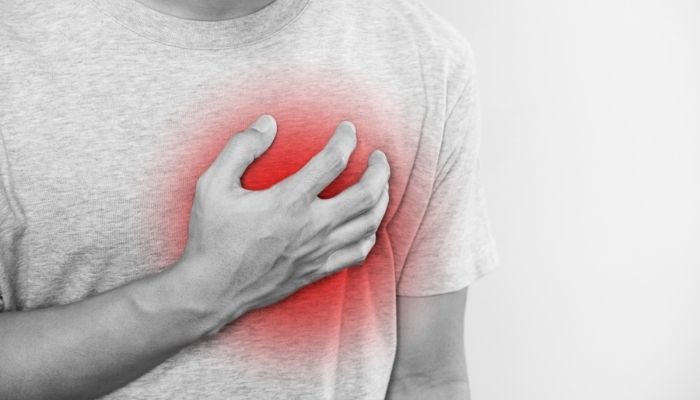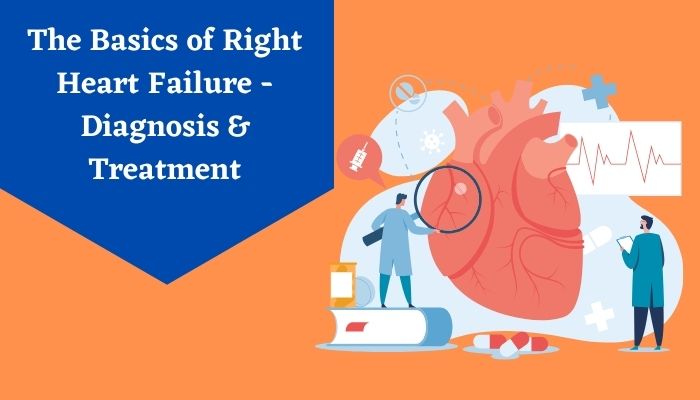These days cardiac arrest has become so common that even people under 30s are getting them. If we go ahead on finding the reasons, there can be many. However, if we try to understand it properly, we need to go in-depth. When the heart is strong, the organ pumps blood into the body.
On the other hand, when the heart fails to function properly, the muscles in the heart's walls start weakening slowly. As they get too weak, the organ fails to pump the blood required by the body. A heart failure can happen on any side of the heart, right or left.
What is Right Heart Failure?

Heart failure mostly is developed due to a problem with the left ventricle in the heart. However, if the function of the right ventricle of the heart functions lesser, it can also result in heart failure. If the blood starts backing up behind the damaged left ventricle and in the lungs, it gets tougher for the right ventricle to pump the blood to return through the lungs. Once the left ventricle starts failing, the right ventricle becomes weak and may fail.
Causes of RHF
It can happen for many reasons. Usually, when the left-side heart fails to function properly, the right-side heart also eventually fails. This condition gets worse with time. Many people call this condition because of other health complications that have weakened their hearts. The other factors that cause right health failure are coronary artery disease, High blood pressure, Damaged heart valves, Congenital heart defects, Arrhythmia, Lung disease, diabetes, HIV, and thyroid problems.How to Diagnose Right Heart Failure?
A cardiologist conducts the diagnosis of right heart failure. The cardiologist may find out the patient's medical history and conduct several medical tests. Here are some tests that can be performed.Electrocardiogram (ECG) and echocardiogram: These tests are done to determine the elevated pulmonary artery pressure. This may also reveal valvular heart disease or an ailment affecting the muscle of the heart.
Pulmonary function testing: This test is conducted to confirm if there is the severity of COPD
Blood tests: Blood tests help measure substances in the blood released reacting to cardiac failure. It also helps in assessing liver, kidney, and thyroid function.
Sleep study: This helps in finding out if apnea can be a reason
Computerized tomography (CT) scans: This is the 3-D X-rays of the heart
Magnetic Resonance Imaging (MRI): This test includes a computer, radio waves, and magnets to create a clearer picture of the heart
Cardiac catheterization: In this test, a catheter is put into the heart chamber. This helps in the diagnosis of the blockages as well as defects.
Coronary angiography: This test involves the injection of a dye which can be seen on an X-ray into the heart's chambers. This helps in seeing the blood flow through the heart.
Chest X-rays: Through chest X-ray, it can be found that the heart is enlarged or if there is congestion in the lungs.
Cardiac stress testing: This examines the heart's function while exercising in a controlled condition. This is used with an EKG. The test helps find the changes in the heart rate, electrical activity, rhythm, and even blood pressure.


